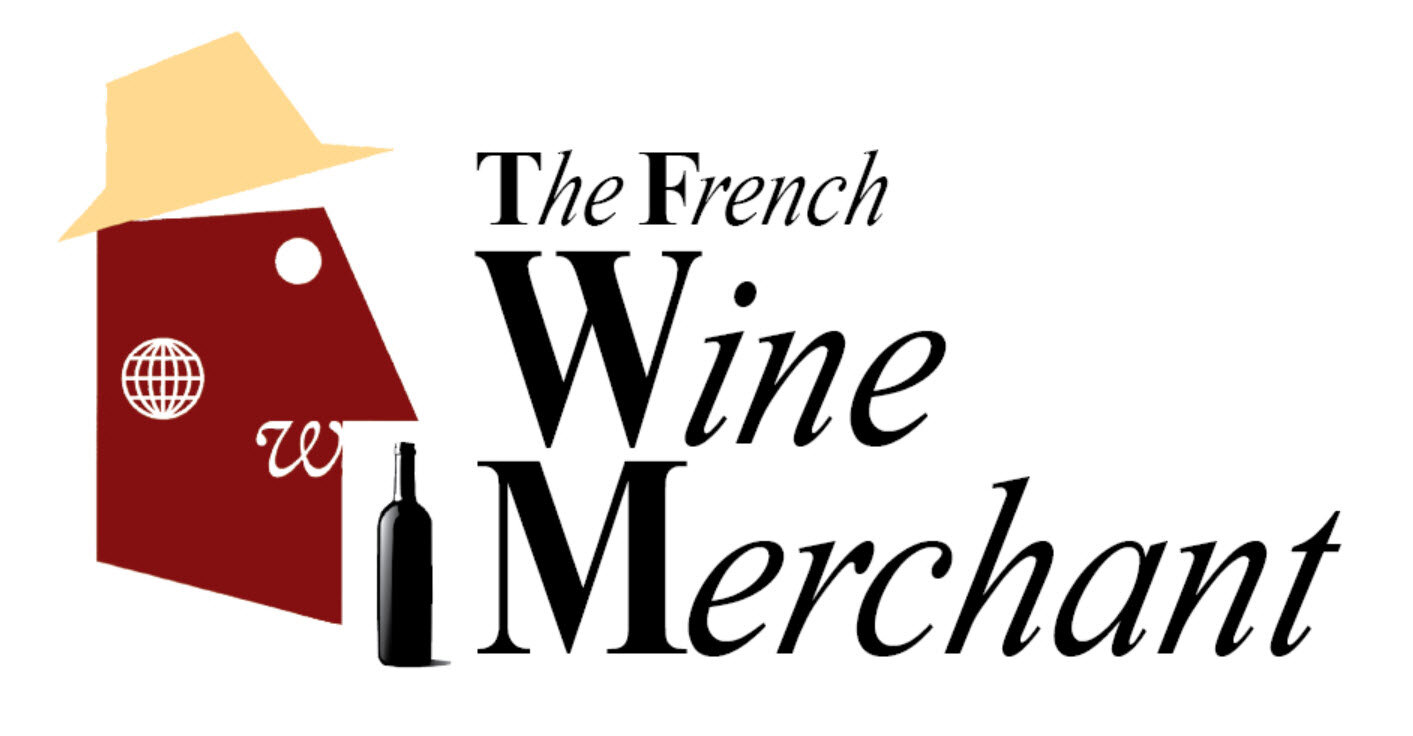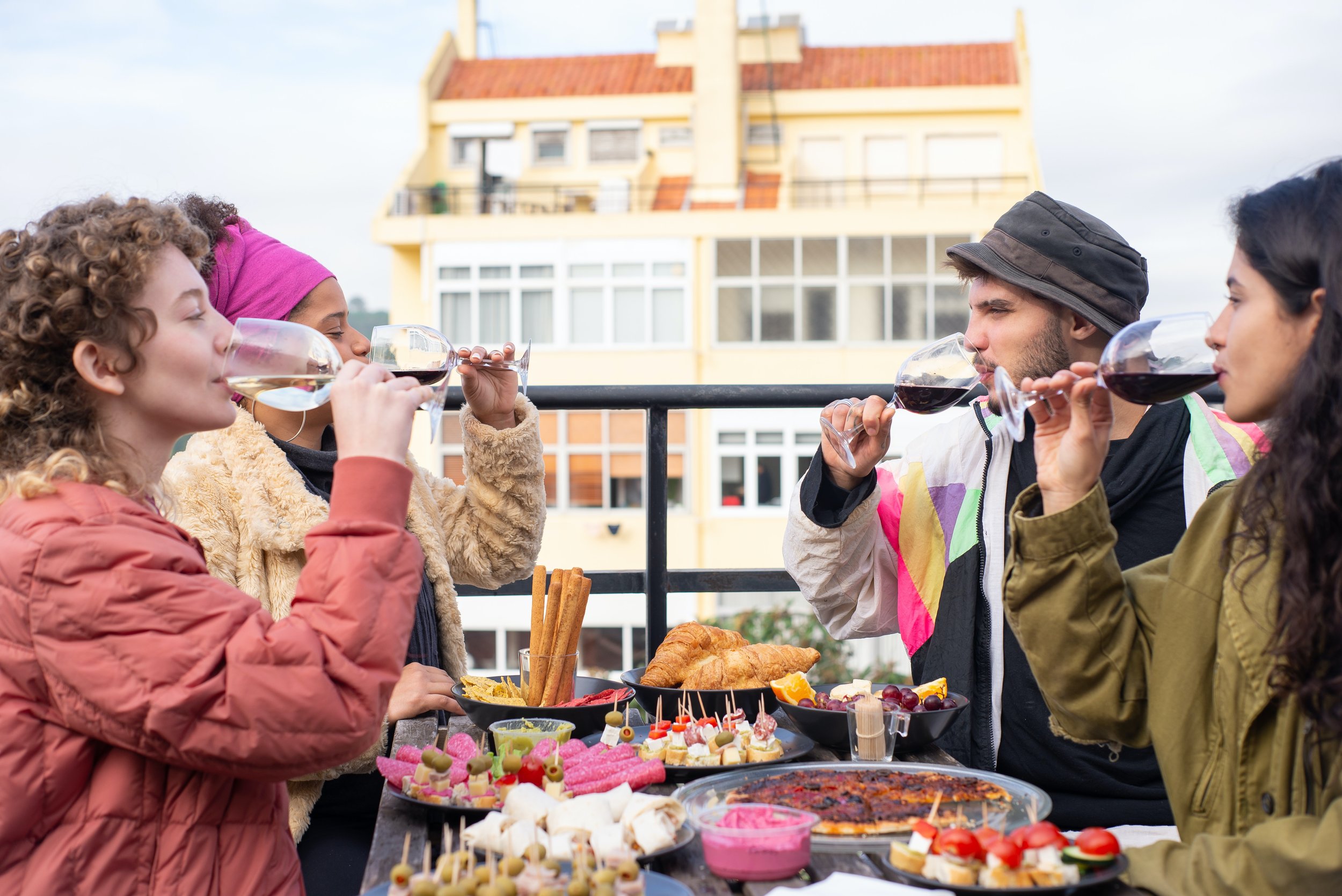A Glass of Connection: How Wine Enhances Social Interactions
Wine possesses a truly remarkable capability to elevate social interactions and foster connections among individuals due to several interrelated factors.
Embracing Tradition: The Ritualistic Nature of Wine
Let's journey back in time to 6000 BC, where the art of winemaking first began. From ancient Mesopotamia to the sunny shores of the Mediterranean, the spirit of wine has always been intertwined with community, celebration, and connection. Through the ages, it found its place in the rituals of Christianity and ventured to the far corners of the world. Today, wine remains a cherished tradition, a testament to our shared history, and a symbol of togetherness. Its diverse array of flavors offers a delightful backdrop to social gatherings, and it has a remarkable ability to bring people closer.
First and foremost, the very act of sharing a bottle of wine involves a sense of ritual and ceremony. From the satisfying pop of the cork to the delicate pouring and raising of the wine glass, these small actions establish a communal experience that naturally encourages conversation, laughter, and the forging of bonds. This shared involvement in the ritual establishes an experience that serves as a focal point for interaction.
Furthermore, wine's sensory nature has a profound impact on social interactions. The act of swirling and savoring wine engages multiple senses—sight, smell, taste, and even touch—encouraging a focused awareness on the present moment and prompting participants to express their perceptions and reactions. This atmosphere enhanced by diverse flavors and aromas creates curiosity and invites discussion about the nuances each individual detects. Tasting and analyzing wine can be an enjoyable and educational experience, prompting individuals to exchange thoughts and opinions, turning the act of tasting into a collective journey of discovery. This process of exploration creates a shared journey that fosters engagement and camaraderie.
The Science Behind Wine's Relaxing Properties
We must also consider that the inherent relaxation properties of wine contribute to its role as a social facilitator. Alcohol, a key component of wine, has a depressant effect on the central nervous system. When consumed in moderation, alcohol can reduce anxiety and lower inhibitions. This relaxation occurs as alcohol interacts with neurotransmitters in the brain, leading to a temporary decrease in stress and tension. Wine's alcohol content, typically lower than distilled spirits, allows for a gradual and milder relaxation that enhances social interactions without overwhelming the senses. This relaxation, combined with the sensory pleasures of wine, establishes an atmosphere conducive to meaningful exchanges and authentic connections..
Moreover, wine contains compounds such as flavonoids and polyphenols, which are known for their potential health benefits. Some of these compounds have been associated with promoting cardiovascular health and improving blood flow. When consumed in moderation, these compounds contribute to a sense of well-being and relaxation by positively impacting blood circulation and potentially reducing stress on the cardiovascular system.
However, it's important to note that while wine can induce relaxation, excessive consumption can have the opposite effect and lead to adverse health outcomes. Moderation is key to reaping the benefits of wine's inherent properties without compromising well-being.
Transform your Meals into Memories
One of the most enchanting aspects of wine is its transformative power when paired with food. Food and wine pairings consistently rank among the top fascinations for wine enthusiasts, for good reason. Wine has a unique ability to transform a simple meal into a shared celebration. When wine accompanies a meal, it introduces an additional layer of sensory exploration. The interplay between flavors, textures, and aromas of the food and wine creates a harmonious symphony that engages the palate. This sensory synergy encourages individuals to discuss and appreciate the intricate nuances of both the culinary creations and the wine they're enjoying. Additionally, the rhythmic pace of sipping, savoring, and conversing creates a sense of unhurried togetherness, allowing participants to immerse themselves in both the flavors on their plates and the company they're keeping. The act of sharing food and wine brings people together around a table, encouraging longer and more meaningful conversations and creating a sense of togetherness.
Life's Essence in a Glass
In essence, it's these multifaceted properties of wine—its craftsmanship, bioactive compounds, diversity, and sensory engagement—that contribute to its role as a social catalyst, interacting with our bodies and minds to create a sense of relaxation. The layers of complexity inherent in every bottle provide a framework for conversations, stories, and shared experiences. When enjoyed responsibly and in the right context, wine can provide a gentle and enjoyable way to unwind. As individuals come together to appreciate and explore the world of wine, they form connections that transcend the contents of the glass, turning wine into a vehicle for forging meaningful relationships and creating cherished memories.

